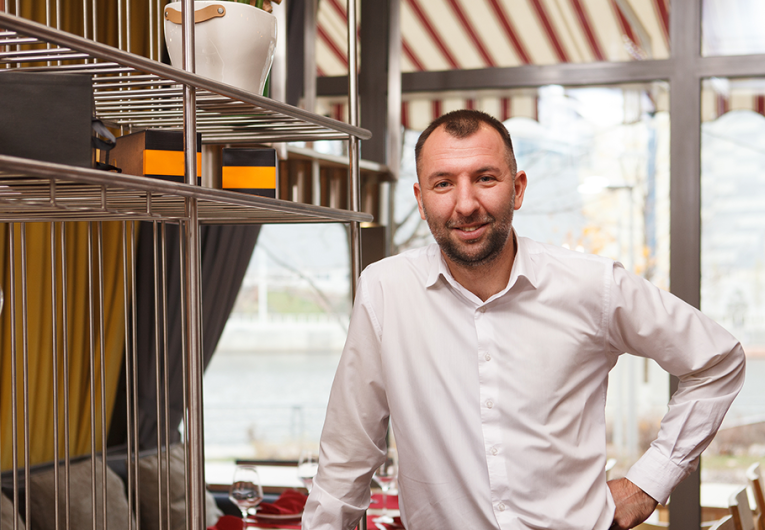
How to Cause the Change that Could Benefit Your Small Business
Some small business owners have found success and a brighter perspective within an uncertain economic climate by learning how to alter, adapt, and pivot.
An economic recession worries more than four out of every five small business owners in the United States, yet 80 percent stated they are confident their companies could withstand it.
According to Kabbage's Small Business Report, which surveyed 550 business owners, the most common justification given by those who expressed confidence in their ability to withstand a recession was past pandemic experiences (31%).
Small companies have a history of remaining upbeat through trying times because they aren't afraid of making the required adjustments to survive, said Gina Taylor Cotter, executive vice president & general manager of U.S. Small Business Banking and Kabbage, in a press release.
Small businesses are being compelled by a number of economic forces to prioritize various business functions, including branding, marketing, and ecommerce, Cotter says.
Cali Yost, CEO and founder of Flex+Strategy Group, hopes her ability to develop adaptation strategies will continue to benefit her business as she looks to offer more customers more varied services this year and beyond, says
According to an article in American Express' Trends and Insights newsletter, Cali Yost, CEO and founder of Flex+Strategy Group, hopes that her ability to create adaptation strategies will continue to benefit her business. Simultaneously, Yost says she's looking to offer more customers more varied services this year and beyond.
Yost's narrative is typical of many other business owners whose digital transformation has given them the assurance and knowledge to pivot if change can improve their business model, writes workplace author and consultant Alexandra Levit in the article.
Joe Mullings, CEO of The Mullings Group, told Levit: "Organizations that invest resources of time, intelligence, and money to build their brands during recessions, pandemics, and supply chain challenges will be much further ahead than those who don’t."
Changing with a Plan
Not all change stems from challenging circumstances or ones that force you to adapt for the purpose of survival.
When successful small business owners think about the future, they constantly plan how to get there. That could include implementing incremental, planned improvements to enhance products and services or advance technology.
Additionally, some areas, like marketing, require business owners to evaluate for change on a frequent, regular basis.
A useful technique to determine what works, what doesn't, and what kind of outcome it creates is to continuously change, test, and combine your marketing operations, writes entrepreneur and marketer Alyssa Gregory, founder of Small Business Bonfire.
"The most successful small businesses," she says in a post for The Balance, "are willing to explore new outlets of online marketing—in combination with their offline marketing activities — to see what produces the most interest."
Understanding that change is inevitable, whether in technology, culture, or customer preferences and habits, is essential for success. "So if you want to stay relevant, you must be open to changing your mindset and business in kind," says entrepreneur and penny stock expert Timothy Sykes.
It doesn't mean you must be first in line to invest in the latest technology. "However, it does mean that you have to be open and willing to make appropriate changes when it makes sense for your business," writes Sykes, in a blog for Entrepreneur.
He quotes the renowned Albert Einstein: "The measure of intelligence is the ability to change," when discussing the significance of change or, more specifically, a business owner's capacity for adaptation.
Your willingness to adapt provides you with the opportunity to solve challenges and have greater creative freedom in all facets of your business.
"If you are closed off to change, then you’re also closed off to new opportunities. By being adaptable, you’ll be able to question the status quo, and this is often where entrepreneurial magic happens," Sykes writes.
The trends, insights, and solutions you need to grow your business.
By signing up, you’re subscribing to our monthly email newsletter, The
Wire. You may unsubscribe at any time.
Your information stays safe with us. Learn more about our privacy
policy.











![[#MSP_NAME#] Logo](/themes/sparklight_business/images/transition-logos/migration-banner-logo-[#MSP_CD#].png)
